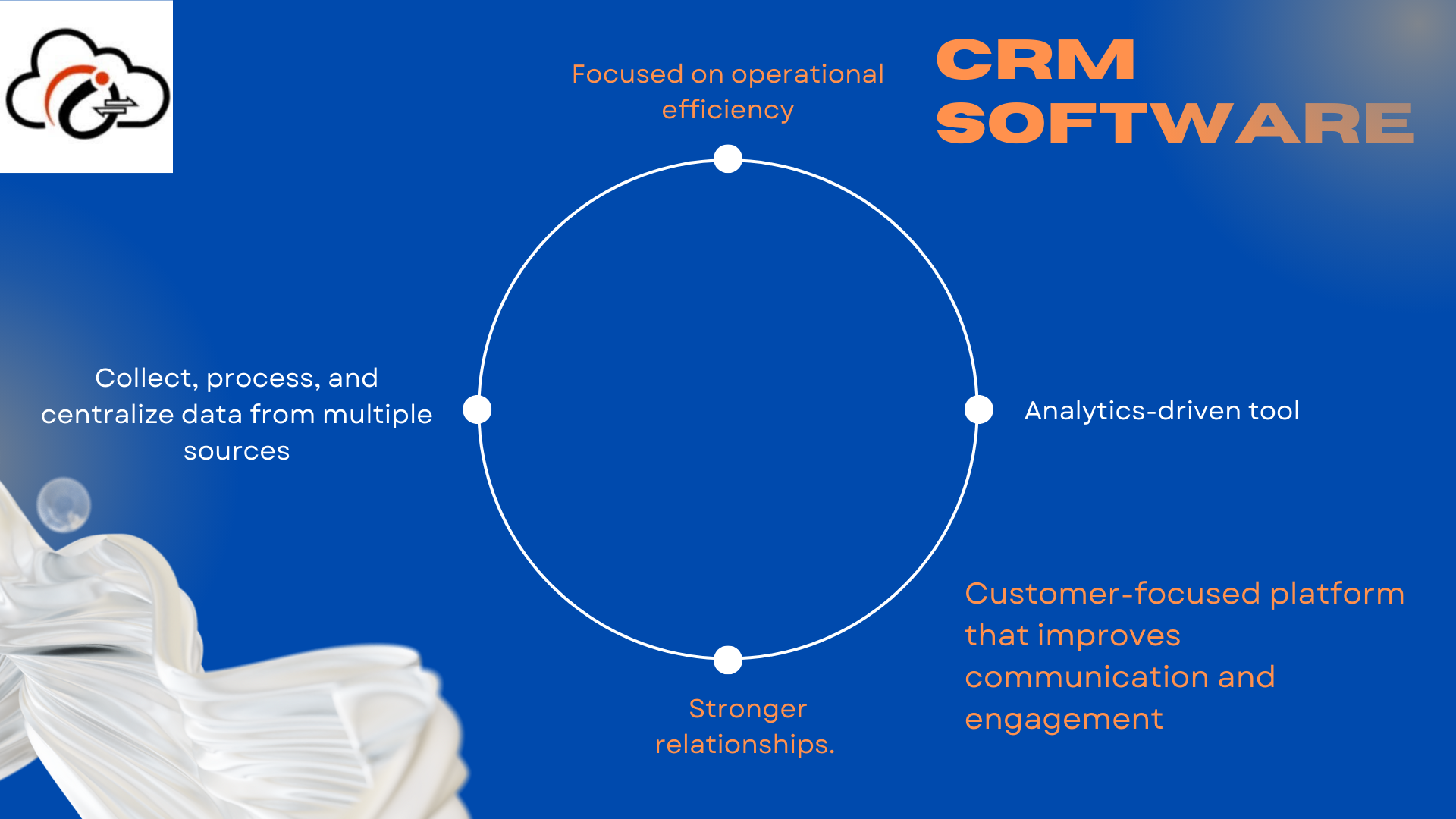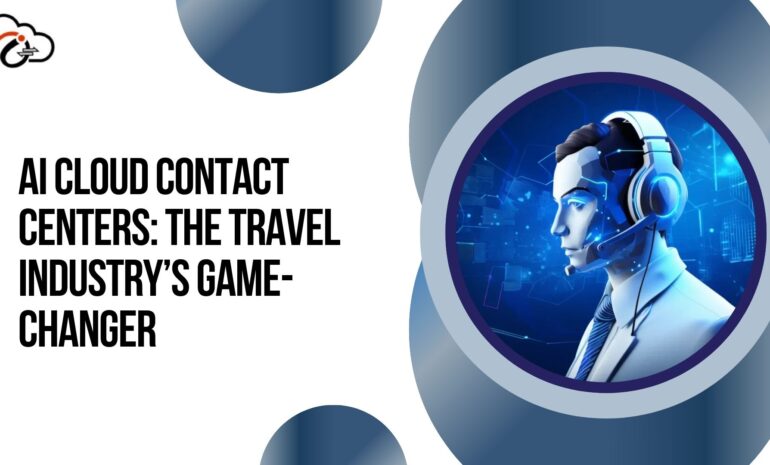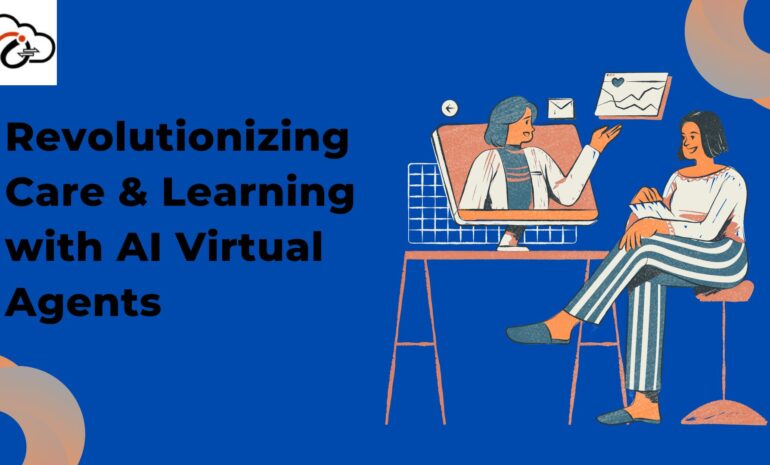In today’s fast-paced world, the way businesses interact with customers can make or break a brand. With countless communication channels and growing customer expectations, how can contact centers stay ahead? The answer lies in Customer Relationship Management (CRM) software.
CRM software is not just a tool—it’s the backbone of exceptional customer service. Imagine having all your customer data in one place, easily accessible at your fingertips, helping agents provide personalized, lightning-fast service. Whether it’s through calls, emails, or social media, a CRM system empowers contact centers to manage and enhance every interaction seamlessly.
In this blog, we’ll explore how CRM systems are transforming the landscape of contact centers, driving customer satisfaction, and boosting business efficiency. From its humble beginnings to the cutting-edge features of today, CRM is a must-have for any modern contact center looking to thrive.
A Look Back: The Evolution of CRM
The journey of CRM systems began with the humble Rolodex, a tool that stored business contacts. Fast forward to the 1980s, and digital contact management systems emerged, paving the way for modern CRM solutions. By the 1990s, CRM systems integrated sales force automation, allowing businesses to manage customer relationships across departments.
The 2000s marked the arrival of cloud-based CRMs, making these tools accessible to businesses of all sizes. Innovations like Voice over Internet Protocol (VoIP) and computer telephony integration (CTI) laid the groundwork for contact center CRMs—powerful platforms that integrate communication channels and customer data for seamless interaction.
Today’s CRMs are omnichannel, enabling interactions across voice, email, social media, and chat. They’re also equipped with AI and analytics tools that empower businesses to deliver personalized experiences and make data-driven decisions.
Key Features of Contact Center CRM Software
Modern contact center CRMs are packed with features that enhance customer service and operational efficiency. Let’s break them down:
1. Omnichannel Communication
Agents can manage voice calls, emails, chat, and social media messages from a single interface. Customers receive consistent service, regardless of the channel they choose.
2. Unified Customer View
A 360-degree view of the customer consolidates interaction history, preferences, and previous issues. This allows agents to deliver personalized and efficient service.
3. Advanced Analytics
Real-time dashboards track call volumes, agent performance, and customer satisfaction. Historical data reveals patterns, helping managers improve operations.
4. Automation and AI
Routine tasks like call routing, follow-ups, and ticket generation are automated. AI-driven insights predict customer behavior and identify potential problems before they escalate.
5. Integration Capabilities
CRMs can integrate with tools like enterprise resource planning (ERP) and marketing platforms, creating a seamless flow of data across the organization.
Why Contact Center CRM Software Matters
1. Enhanced Customer Experience
When agents have access to detailed customer profiles, they can personalize interactions. Customers no longer need to repeat their issues, which enhances satisfaction.
Stat: Businesses that prioritize personalization see a 20% increase in customer loyalty (McKinsey).
2. Improved Agent Productivity
Agents work more efficiently with automated workflows and easy access to data. This reduces time spent on repetitive tasks, enabling them to focus on complex customer issues.
Stat: Automation can increase agent efficiency by up to 25% (Forrester).
3. Streamlined Operations
Automated processes minimize errors and ensure tasks are completed on time. Real-time insights help managers allocate resources effectively, optimizing performance.
4. Data-Driven Decision-Making
Analytics features provide actionable insights into customer behavior, operational trends, and agent performance. These insights enable informed decision-making and strategic planning.
“Data is the oil of the 21st century, and analytics is the combustion engine.” – Peter Sondergaard, Gartner.
Choosing the Right CRM for Your Contact Center
Selecting a CRM system requires careful consideration of your business size, industry needs, and future growth. Here’s how to narrow down your options:
Deployment Models:
- On-Premise: Offers control and customization but requires significant upfront investment.
- Cloud-Based: Cost-effective, scalable, and easier to maintain.
Industry-Specific Solutions:
For example, healthcare CRMs focus on patient records, while retail CRMs emphasize purchase patterns and preferences.
Scalability:
Ensure the CRM can grow with your business, supporting higher volumes and additional features as needed.
Overcoming Challenges in CRM Implementation
Implementing CRM software comes with its challenges. Here’s how to address them:
1. Training Agents and Managers
Comprehensive training programs ensure users understand the system’s features and best practices.
2. Securing Customer Data
Ensure compliance with regulations like GDPR and CCPA to maintain trust.
3. Managing Costs
While there’s an upfront investment, the long-term ROI justifies the expense.
4. Encouraging Adoption
Involve agents in the implementation process to gain buy-in and reduce resistance to change.
Future Trends in CRM Software
The CRM industry continues to evolve. Here are some key trends to watch:
1. AI and Machine Learning:
Predictive analytics and AI-driven bots will enhance personalization and streamline operations.
2. Omnichannel Engagement:
CRMs will further integrate communication channels, ensuring seamless customer interactions.
3. Mobile CRM:
As remote work grows, mobile-friendly CRMs will become essential.
4. Hyper-Personalization:
Leveraging AI to create ultra-tailored customer experiences will become the norm.
Final Thoughts
Contact center CRM software is no longer a luxury—it’s a necessity. It empowers businesses to enhance customer satisfaction, improve agent productivity, and streamline operations. By investing in the right CRM solution, businesses can gain a competitive edge in today’s fast-paced market.
Ready to transform your contact center?
Let Omninteract help you achieve your goals. With advanced features, seamless integration, and exceptional scalability, Omninteract empowers every interaction.
“Customer experience is the next competitive battleground.” – Jerry Gregoire, former CIO of Dell.



